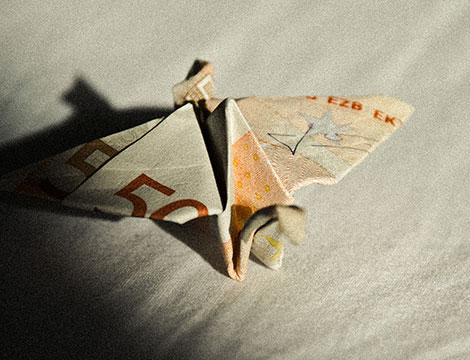
This article was originally published by the European Council on Foreign Relations (ECFR) on 14 July 2017.
For the EU, the EPA would demonstrate its ability to deliver concrete results despite the numerous crises it faces.
Last week the EU and Japan announced an ‘agreement in principle’ after four years of talks on an Economic Partnership Agreement (EPA) between the two economic giants. Yet the reaction to this news has not befitted a mega-trade agreement covering over 30% of world GDP and 40% of global trade. This is partly because news emanating from Washington dominates the headlines, but mostly because there is still a long way to go, with the two parties to the agreement bracing themselves for a set of difficult negotiations to finalize the deal.
The agreement in principle means that the chances of the deal falling through are slim, as long as talks are kept at the same level of political priority that made last week’s announcement possible. If agreed, the deal would mark a historic shift in the quality of economic and political relations between the two partners, with far-reaching consequences for third parties as well.
